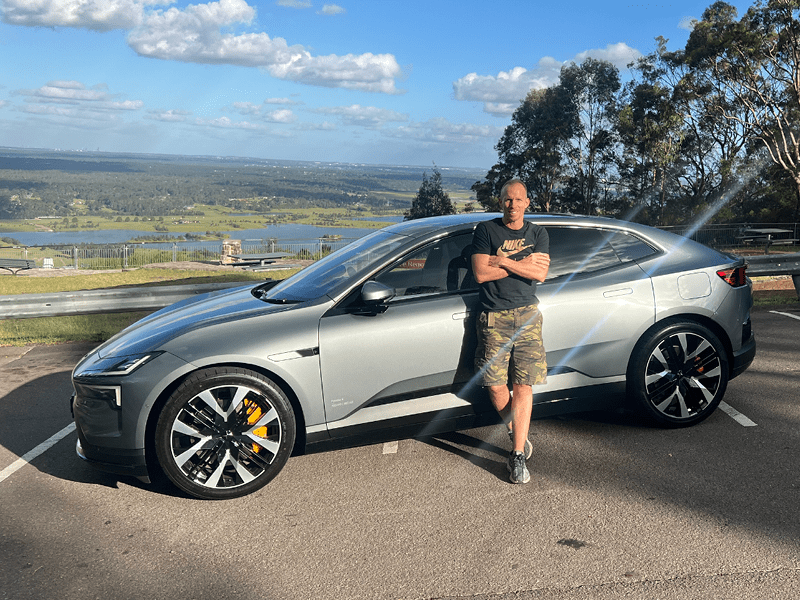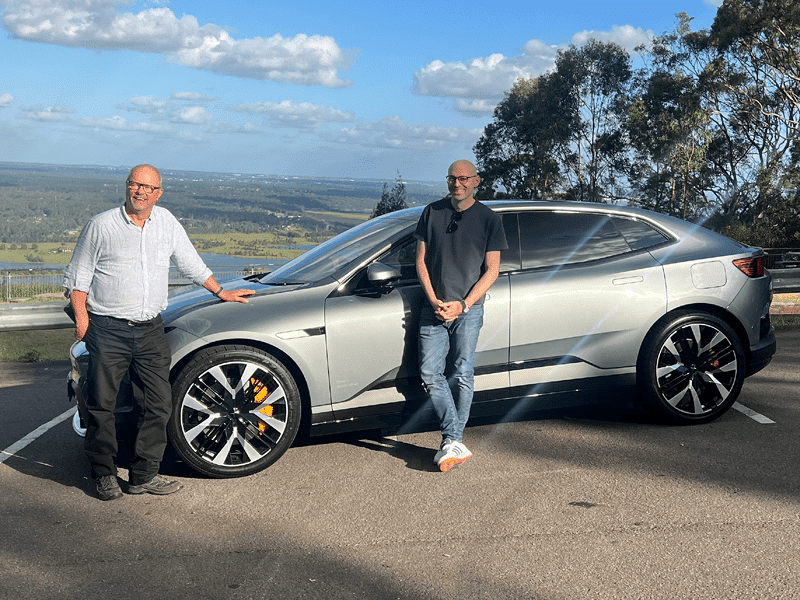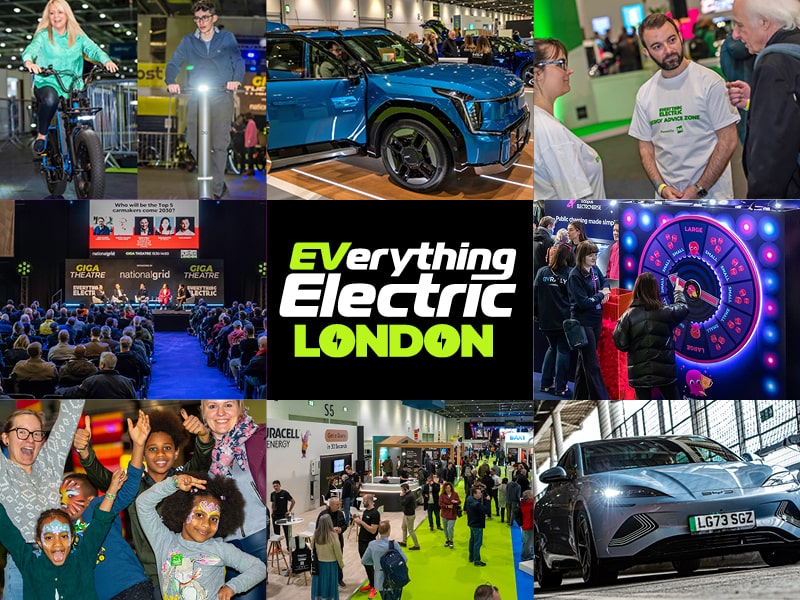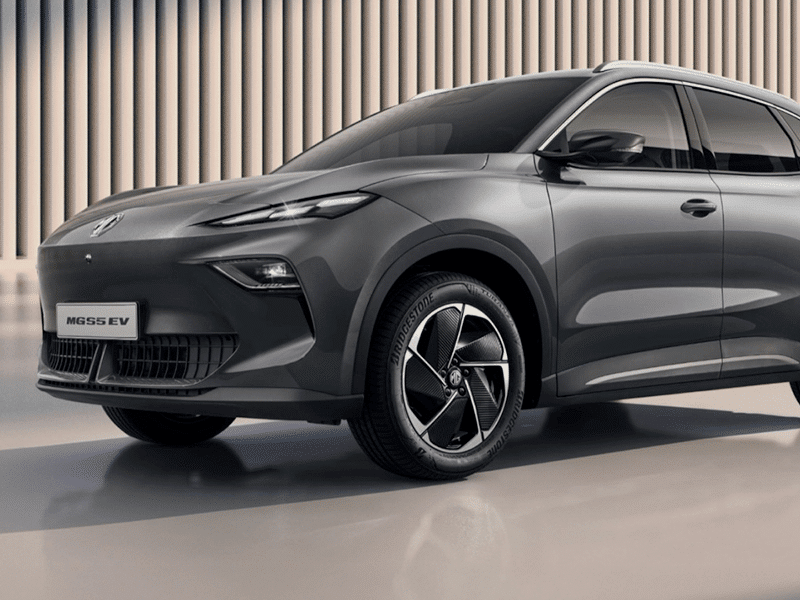
When Smart Phones first came along we didn’t know what they were capable of and how they’d transform our daily lives, until we’d had them in our hands for a little while.
Electric Vehicles are also transformative, but misinformation-fuelled assumptions, are making many hesitate. As an EV driver of 10 years, & 300,000 miles, I have some, perhaps surprising, insights.
COST
“I’d buy an EV but they’re too expensive” is probably the most common complaint I hear. And as recently, as two years ago, you probably would’ve had a point. But things change quickly in the battery EV world, and the recent ‘Cost of Driving Electric’ report shows that if you – like 7 out of 8 Brits – buy used cars, then the average saving against a combustion car is £2,781*. No wonder then that used EV sales are soaring. Whether it’s a new or used EV, you are also able to save an average of £5,850* over a typical term of ownership. And that’s per car. So we’re not talking about pocket change. If you’re fortunate to have a driveway, drive a lot, and can charge on an overnight energy tariff, the savings can be much bigger still. If you don’t have a driveway you can still save by the way, albeit not to such a dramatic extent. But in any event, on average, battery electric vehicles are much cheaper to own than conventional cars. Please note that hybrid cars do not offer the same savings.
PERFORMANCE
“EVs lack personality and power” is the lament of many a petrolhead – and I was one – but the lived experience might positively surprise you. Yes, the smells and the sounds might be gone, but most EVs have instant acceleration that make them really fun to drive. Many of them, although not all, are very technologically advanced, and like ‘the smart phone’, ‘the smart car’ can do many things that a conventional car can’t do; being able to preheat your car from the comfort of your bed on a icy morning is something that still makes me smile. But don’t take my word for it, go to a dealership, or one of our events – like Everything Electric LONDON this Wednesday to Friday at ExCel – and take a test drive. The cars will speak for themselves, and you will start to see why the results of survey after survey show that more than 9 out of 10 EV drivers will *never* go back to combustion engine cars. Real evidence that EVs are better.
COMPLEXITY
“It’s out of my comfort zone” and let’s be honest, who has the time to change from a technology that has become second nature? Perhaps for a few minutes there’s a little learning curve, but if I am honest with myself the simplicity of driving electric is probably my favourite feature of electric vehicles. It’s no exaggeration to say that had I learned to drive in an EV it would have taken me a fraction of the time. No clutch control, no gear changes, easier to park; these are just a few of the benefits that I’ve become accustomed to. This extends to the fact that with a fraction of the moving parts that a complex combustion engine car has, there is very little that can go wrong with an electric car too. This is not only a big money-saver, but a big time-saver too; the most arduous tasks are changing the wiper fluid every so often, and getting the tyres rotated every 30,000 miles or so. Simply stated, EVs are much simpler.
CHARGING CONCERNS
“It’s giving me anxiety just thinking about it” is a normal reaction to something new, but the reality is much better than those negative preconceptions seen online. First of all, many of us assume – I did – that as with your mobile phone you might charge it every night, but as someone who does 4 times the average mileage (around 7,000 miles yearly by the way), I only charge around once a week. This really surprises people. Obviously if you’re fortunate to have a driveway this is less of a consideration anyway, but if you don’t you might be wondering how on earth you can charge regularly, but for most people charging weekly, or less, is the lived reality. So whether you live in a flat, or on a crowded street, you might only need to charge locally occasionally; there are almost 80,000 charging points in the UK, pop your postcode into Zapmap and you’ll be surprised how many there are in your area. What’s more, as someone who does ~2,000 miles a month I only ‘rapid charge’ en route around once a month. Again this is a source of surprise for many, and if you do low mileage you might very rarely need this service, but if you do the network is there and charging your electric car is getting easier every day.
HALFWAY HOUSES
“I’m going to go halfway with a hybrid to begin with” is a well-worn refrain, but these days we recommend people skip straight to electric. Why? Well, hybrids have some serious drawbacks – I’ll get to that in a moment – but in short, you get none of the savings, useability benefits or simplicity as above, when you opt for a hybrid. Where it gets worse is that hybrids are less reliable and more likely to breakdown, are much more carbon intensive over their lifecycle and are still emitting toxic exhaust fumes. Hybrids are decades-old technology that have really helped drivers slowly wean themselves off conventional combustion engine vehicles while battery EV technology was in its early stages, but now with well over 100 battery EVs on sale, EV range of 250-300 miles becoming commonplace, and more affordable used and new EVs coming to market, we can’t in good conscience recommend highly compromised hybrid technology ahead of battery EVs.
Whatever you do though, don’t believe me! Talk to EV drivers instead, and test drive EVs for yourself at events that offer multi-brand test drives like Everything Electric LONDON on the 16th-18th April, or at your local dealership.
*Electric Vehicles UK’s ‘Cost of Driving Electric’ report is available on the ‘data-driven’ tab of ElectricVehicles.Expert.











